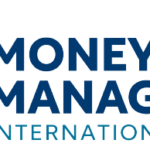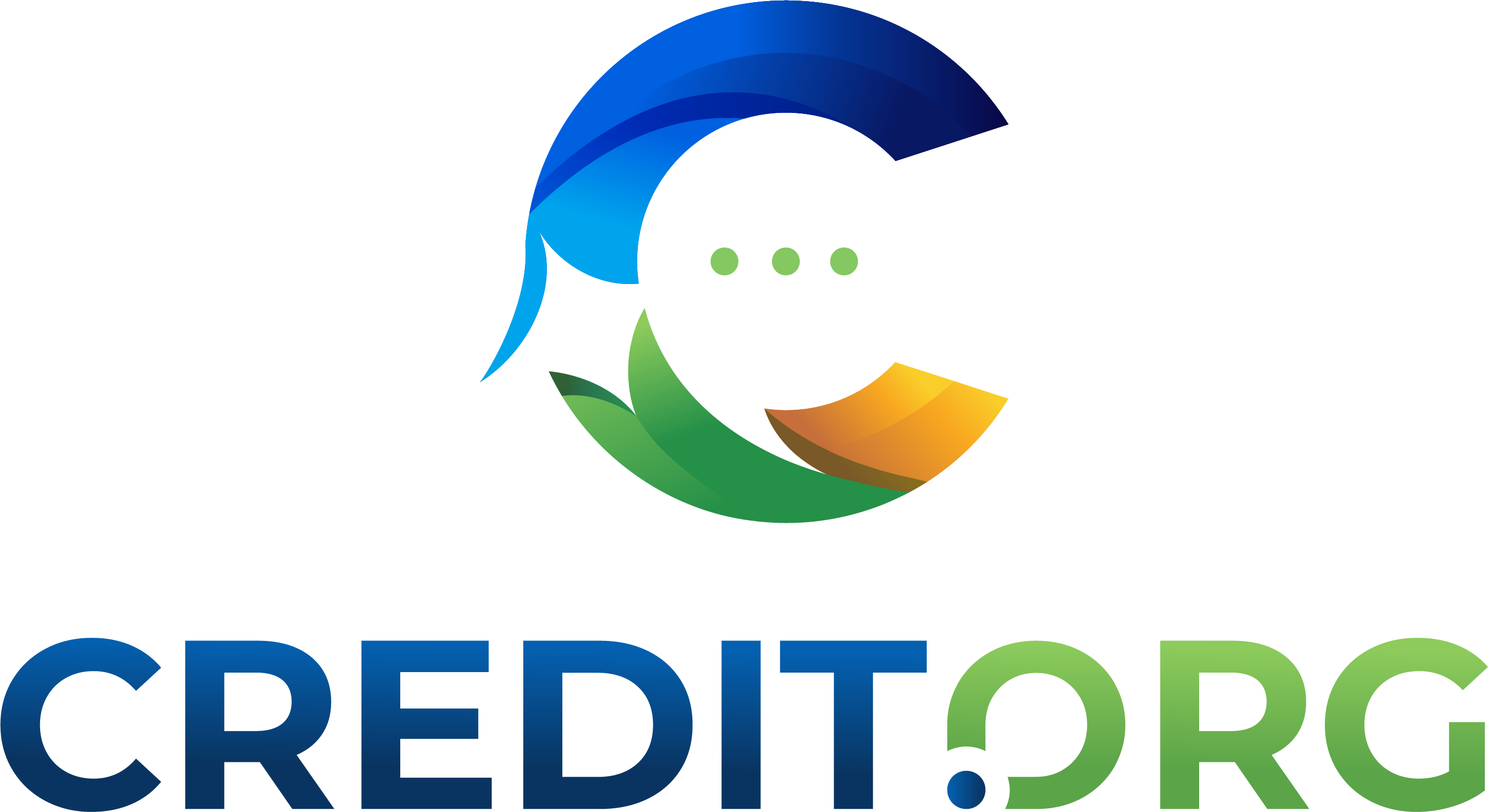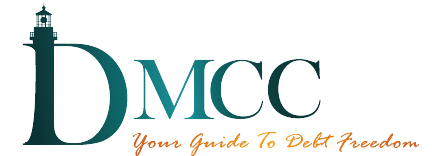For many Americans, debt isn’t just a balance on a screen—it’s a daily weight. In a 2025 survey by financial services company JG Wentworth, it was found that nearly half of respondents worry about debt daily, worn down by high interest rates, mounting minimum payments and the fear of falling behind.
For those who feel like they’re running in place despite making payments, that’s where a debt management plan, or DMP, can step in. Instead of juggling a handful of separate bills, you make one predictable monthly payment, usually over three to five years, aimed at helping you get back on track to the finish line.
What Does a DMP Involve?
The process starts with a certified credit counselor, who closely examines your income, spending, debts and goals. If a DMP makes sense, they’ll reach out to your creditors to secure lower interest rates, waive fees or tweak repayment terms to give you some breathing room.
From there, you’ll send one monthly payment to the counselor, and they’ll handle the rest—distributing the money to your creditors and keeping everything organized.
Most plans run for three to five years and require you to stay consistent with payments and stop using the cards included in the plan, but for many people, that trade-off is worth the relief of finally moving forward.
Alternatives to DMPs
A DMP can help you tackle debt, but it’s not the right move for everyone. Your credit, budget and goals all matter—sometimes, another option might save you more or make things easier. Before you commit, it’s worth checking out a few other paths:
- Debt settlement: Negotiating to pay less than the full amount owed. You should, however, note that there is a higher risk of a decreased credit score.
- Debt consolidation: Rolling several debts into one new account, usually through a personal loan or a 0% balance transfer credit card, so you’re paying just one bill—ideally at a lower interest rate. If you qualify, it can make your payments simpler and help you save money on interest over time.
- DIY negotiation: Dealing directly with creditors to request lower payments, waive fees or otherwise adjust terms.
Picking Your Payoff Path: How To Choose the Right DMP
- Is it nonprofit or for-profit? Nonprofits often have lower fees and may provide other free educational resources.
- Accreditation and reputation: Look for accredited providers. Accreditation is one of the best signals that a credit counseling agency is legitimate, ethical and held to professional standards. Independent organizations regularly review certified providers to ensure they follow industry best practices.
- Fee transparency: Upfront costs, monthly fees and how the company is paid should be clearly disclosed. Customers need to be aware of all fees before any service or negotiation happens.
- Fit with your financial situation: The amount of debt, whether you’re already late on payments and the impact on your ability to use credit all influence whether a DMP or another route is smarter.
From Counseling to Concessions: How Two Debt Solutions Stack Up
Not all debt management solutions look the same. For instance, while American Consumer Credit Counseling focuses on steady, structured repayment, National Debt Relief takes a more aggressive approach—negotiating with creditors to shrink what you owe. Here’s how each tackles debt from a different angle:
American Consumer Credit Counseling (ACCC)
A nonprofit focused on credit counseling, ACCC offers DMPs among its core services. The agency operates nationwide via online services, while also maintaining regional offices. Its DMPs typically run for three to five years, with fees modest enough to be accessible: a set-up fee of $39 and low monthly fees of around $26.
National Debt Relief (NDR)
Where ACCC specializes in nonprofit credit counseling and DMPs, National Debt Relief is a debt settlement firm. It works with clients who have larger amounts of unsecured debt and negotiates with creditors to try to reduce the amount. Instead of just restructuring payments, NDR attempts to settle debts for less than the full amount, helping clients avoid bankruptcy.
| COMPANY | FORBES ADVISOR RATING | FEE FOR DEBT MANAGEMENT PROGRAM | BEST FOR | BBB RATING | LEARN MORE |
|---|---|---|---|---|---|
$39 enrollment, $7 to $70 monthly | Best Overall | A+ | On MoneyLion’s Website | ||
$33 enrollment (average), $25 monthly (average) | Best For Credit Score Boost | A+ | On MoneyLion’s Website | ||
$0 to $50 enrollment, $0 to $75 monthly | Best for Free Comprehensive Debt Assessment | A+ | On MoneyLion’s Website | ||
Enrollment fee not disclosed, $27 monthly (estimated) | Best For Military Discount | A+ | On MoneyLion’s Website | ||
$75 enrollment (may vary), $33 monthly (average) | Best For Lowering Credit Card Interest Rates | A+ | On MoneyLion’s Website |
Bottom Line
If debt stress has become a daily strain, it’s reassuring to know there are structured solutions. DMPs can be effective tools—especially for unsecured credit card debt—offering lower interest, simpler payments and a path to being debt-free in a few years. But they come with cost and commitment.
Nonprofit agencies like American Consumer Credit Counseling tend to offer more modest, education-focused programs, while firms like National Debt Relief take on more aggressive negotiation strategies.
The best choice depends on how much you owe, whether your debts are already in default, how stable your income is and how much you value preserving your credit score.











Leave a Reply